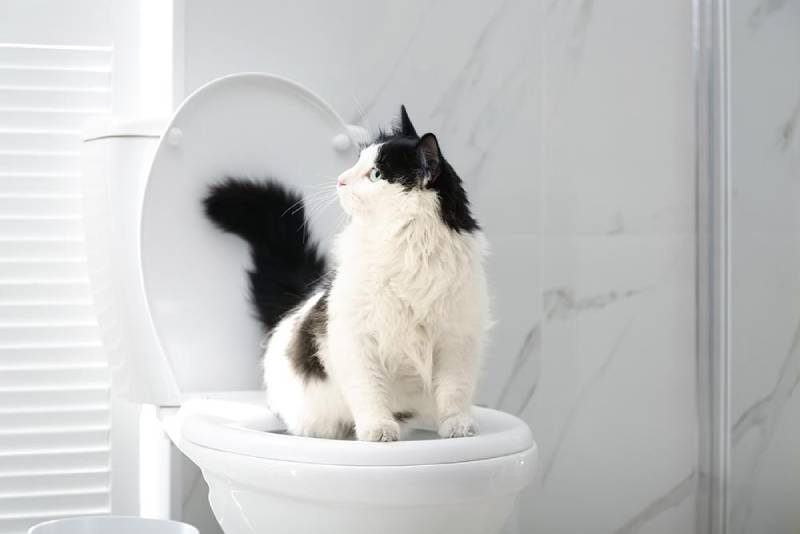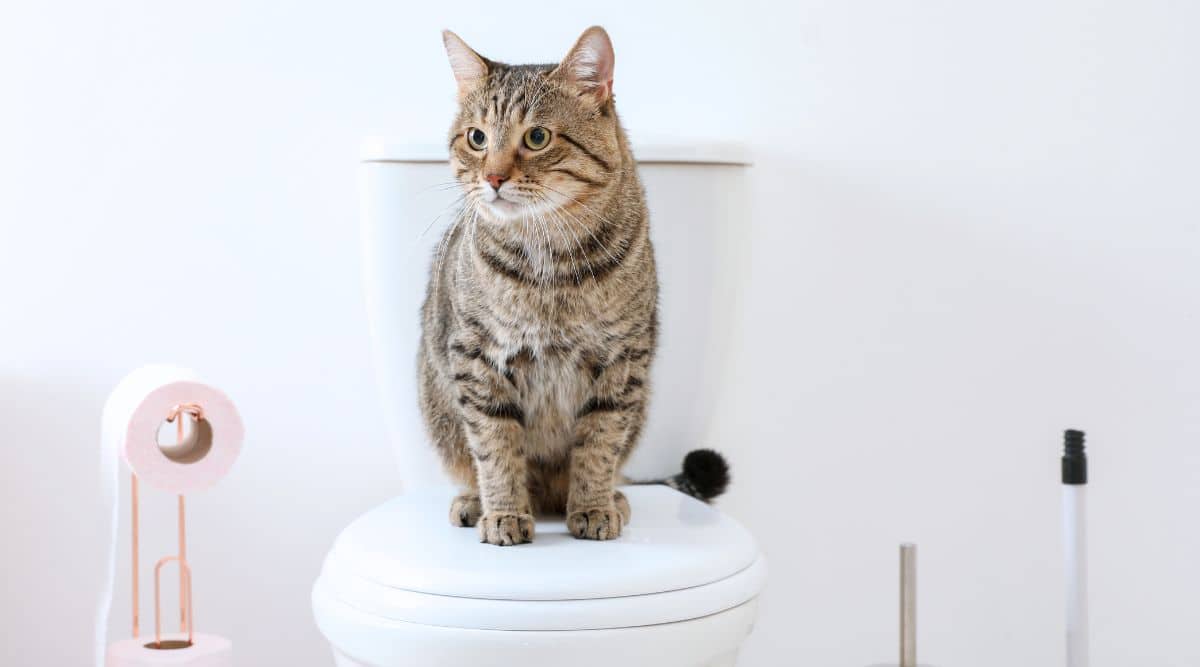Dangers of Disposing Cat Poop in Your Toilet - Precautionary Measures
Dangers of Disposing Cat Poop in Your Toilet - Precautionary Measures
Blog Article
Just about every person has his or her own thinking on the subject of Don’t flush cat feces down the toilet.

Introduction
As feline proprietors, it's vital to be mindful of exactly how we get rid of our feline close friends' waste. While it might seem convenient to purge feline poop down the toilet, this technique can have harmful repercussions for both the atmosphere and human health and wellness.
Ecological Impact
Flushing pet cat poop presents damaging virus and parasites right into the supply of water, posing a substantial danger to marine ecological communities. These impurities can adversely affect aquatic life and concession water quality.
Wellness Risks
Along with environmental concerns, purging feline waste can additionally present health and wellness risks to human beings. Pet cat feces may have Toxoplasma gondii, a parasite that can cause toxoplasmosis-- a potentially extreme ailment, specifically for pregnant females and individuals with weakened body immune systems.
Alternatives to Flushing
Luckily, there are safer and extra accountable methods to take care of feline poop. Consider the adhering to alternatives:
1. Scoop and Dispose in Trash
One of the most common technique of getting rid of pet cat poop is to scoop it into a biodegradable bag and toss it in the trash. Make sure to use a committed litter scoop and throw away the waste without delay.
2. Use Biodegradable Litter
Choose naturally degradable pet cat clutter made from products such as corn or wheat. These litters are eco-friendly and can be securely thrown away in the garbage.
3. Bury in the Yard
If you have a yard, take into consideration hiding cat waste in a designated location away from veggie gardens and water sources. Make certain to dig deep sufficient to stop contamination of groundwater.
4. Set Up a Pet Waste Disposal System
Invest in a pet dog waste disposal system especially developed for pet cat waste. These systems use enzymes to break down the waste, minimizing odor and environmental influence.
Conclusion
Accountable pet dog ownership prolongs past providing food and shelter-- it likewise entails correct waste administration. By refraining from flushing pet cat poop down the commode and selecting different disposal techniques, we can reduce our ecological footprint and protect human wellness.
Why You Should Never Flush Cat Poop Down the Toilet
A rose by any other name might smell as sweet, but not all poop is created equal. Toilets, and our sewage systems, are designed for human excrement, not animal waste. It might seem like it couldn’t hurt to toss cat feces into the loo, but it’s not a good idea to flush cat poop in the toilet.
First and foremost, assuming your cat uses a litter box, any waste is going to have litter on it. And even the smallest amount of litter can wreak havoc on plumbing.
Over time, small amounts build up, filling up your septic system. Most litter sold today is clumping; it is made from a type of clay that hardens when it gets wet. Ever tried to scrape old clumps from the bottom of a litter box? You know just how cement-hard it can get!
Now imagine just a small clump of that stuck in your pipes. A simple de-clogger like Drano isn’t going to cut it. And that means it’s going to cost you big time to fix it.
Parasitic Contamination
Believe it or not, your healthy kitty may be harboring a nasty parasite. Only cats excrete Toxoplasma in their feces. Yet it rarely causes serious health issues in the cats that are infected. Most people will be fine too if infected. Only pregnant women and people with compromised immune systems are at risk. (If you’ve ever heard how women who are expecting are excused from litter cleaning duty, Toxoplasma is why.)
But other animals may have a problem if infected with the parasite. And human water treatment systems aren’t designed to handle it. As a result, the systems don’t remove the parasite before discharging wastewater into local waterways. Fish, shellfish, and other marine life — otters in particular — are susceptible to toxoplasma. If exposed, most will end up with brain damage and many will die.
Depending on the species of fish, they may end up on someone’s fish hook and, ultimately on someone’s dinner plate. If that someone has a chronic illness, they’re at risk.
Skip the Toilet Training
We know there are folks out there who like to toilet train their cats. And we give them props, it takes a lot of work. But thanks to the toxoplasma, it’s not a good idea.

We are very focused on How to Dispose of Cat Poop and Litter Without Plastic Bags and I hope you appreciated my blog posting. Those who appreciated our blog post please be sure to share it. Thanks so much for your time invested reading it.
Book Today! Report this page